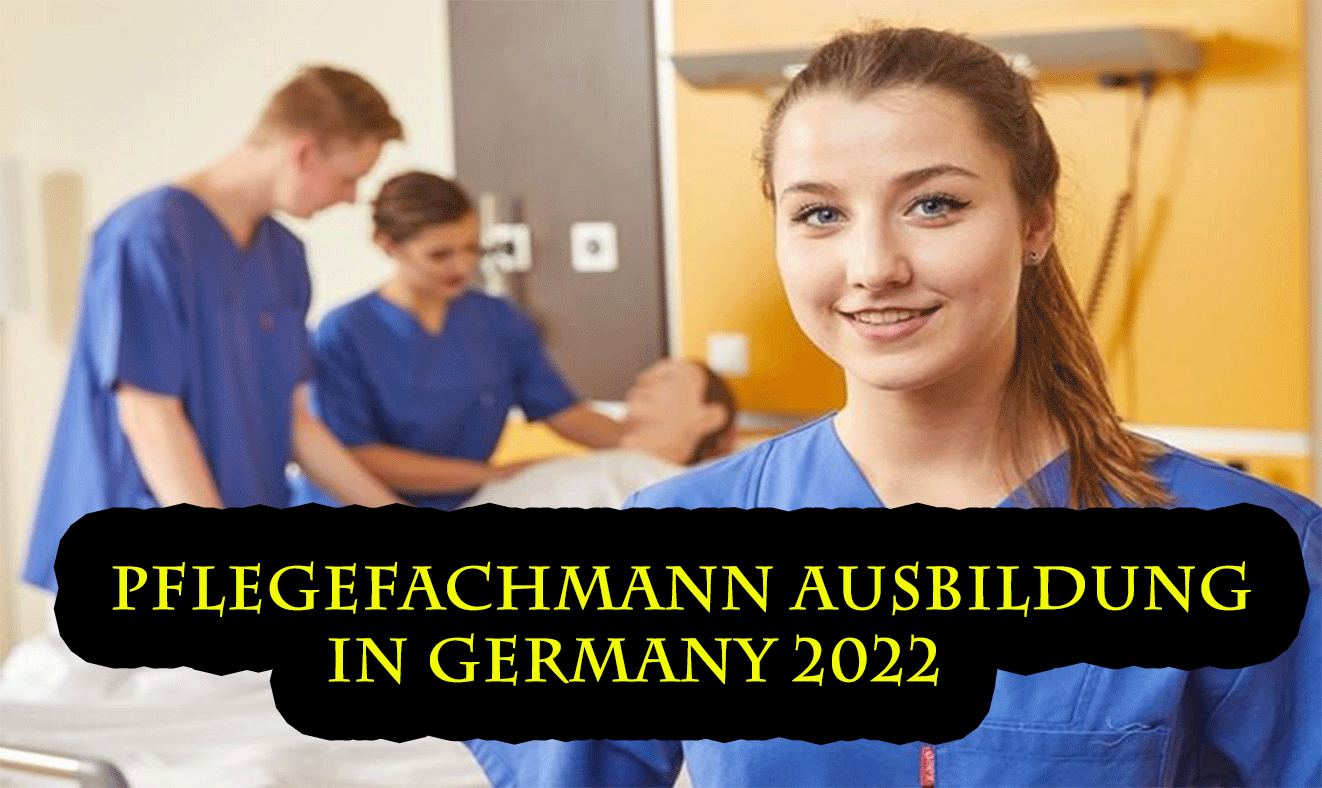Education System in Germany
The main authority for making education, science and arts policy guidelines are the Federal Ministries of education. The ministry in collaboration with the Federation and Landers (German states) authorities supervises the entire activity of the educational institutions, organizations and foundations. The Landers and Federation shares the responsibility on education issues in Germany.
Education system in Germany: German education system can be categorized into six sub-categories. They are as follows:
1. Pre-school education /early childhood education/ Kindergarten: Early childhood education which is also known as elementary level is the stage in German education where all the students study at the same kind of school. From grades 1 to 4 (in some states, from grades 1 to 6) is considered as pre- school. The children aged between 3 to 6 years get the opportunity to attend pre-school institutions and it’s totally free! The infants learn through play. They are not given formal instructions.
2. Primary education (Grundschule): Inmost states of Germany, schooling for children starts at the age of six in the year of a Grandschule and lasts for 4 years. Meanwhile, children learn to read, write and to do arithmetic. Teachers offer some basic instructions in history, social science, geography, physics, biology and chemistry in this stage. Teachers also start teaching foreign language though it used to take place exclusively in secondary schools.

3. Secondary education: Secondary level consists of the following:
- Hauptschule: It takes five years to complete Haupschule. The main objective of Haupschule is to prepare students to be ready to enter into the world of work. In this stage, all the students learn English along with German, mathematics, biology, history, physics/ chemistry, religion (or a substitute subject), sports, music, art, and politics. When they reach at the age of 15/16, they obtained their school leaving certificate and start work in the public service at basic level or may attend full time vocational school (Berufsfachschule) if they wish so.
- Realschule: Realschule provides students a broder general knowledge and teaches them to show greater independence. Here they also get a chance to learn a second foreign language (usually French) and the first compulsory language (generally English). Students are given more vocational oriented education here. At the end of their 10th year, successful students obtain a Realschule school leaving certificate. With the certificate, they get the options: in-company vocational training, further education in school at Secondary level II or at a Fachhochschule, work in the public service executive or secretarial level.
- Gymnasium: Before taking their final examination, the students who leave Grundschule and go straight on to the Gymnasium still have another 8/9 years of schooleducation. Here the students get intensive speacialised instruction tp prepare them for academic work at a higher level. The Gymnasium is designed to give students with an education which will enable them to study at a German university or equivalent, when they will pass their Abitur(upper secondary school leaving certificate).
4. Tertiary education: Now a days, Germany is experiencing an increased participation rates in university education and the number of students in private institutions are increasing as well. According to the German Office of Statistics, the number of newly registered students (excluding foreign students) in the first semester of degree program increased by more than 34%. The statistics shows that the total number of students attending German tertiary institutions in the fall is 2,718984.
Tertiary education in Germany provides higher education for qualifying individuals who have already completed their secondary education. Tertiary education providers who are recognized as Higher Education Institutions are as follows:
- Theological colleges.
- Art and Music Colleges.
- Universities of Applied Sciences “Fachhochschulen”.
- Universities “Universitäten” and Equal Institutions.
- “Pädagogische Hochschulen”.
- “Technische Hochschulen”/”Technische Universitäten”.
- Higher Education Institutions for Federal Armed Forces.
- Institutions of Continuing Vocational Education “Fachschulen” And “Fachakademien” In Berlin.
- Higher Education Institutions Offering Dual Studies “Berufsakademie” (BA).
5. Higher Education: Bachelor degree, Master degree and the PhD degree are the categories of German higher education
- Bachelor degree: The first higher education in Germany is the Bachelor degree which consists of 6 semesters or 3 full academic years. In the University of Applied Sciences, bachelor studies ranges from -7 semesters, including practical work. In the Art and Music colleges there are 8 semesters.
- Master degree: The second German higher education is the Master degree. In order to complete studies in a German Master Degree program it takes 2-4 semesters in Germany. A student needs to achieve 300 ECTS credit points including points received by earlier education. A student who achieved a bachelor degree needs to earn 360 ECTS points.
- PhD degree: The third German higher education is the PhD degree. This degree is highly desirable among the students all over the world. The German doctoral studies include:
- Independent research.
- Oral examination “Rigorosum”/defense of the doctorate thesis “Disputation
6. Continuing education: Continuing education aimed at responding ever-changing demands of the labor market. Municipal and private institutions, trade unions, church, business, chambers of industry and commerce, associations, political parties, family education centers, vocational schools, radio, television, academies and other institutions provide this type of education.
Above all information depicts the education system in Germany where the pre-school is voluntary and primary school is the stage where the compulsory education starts. And the education continues throughout the life of a student through continuing education if s/he wishes.






